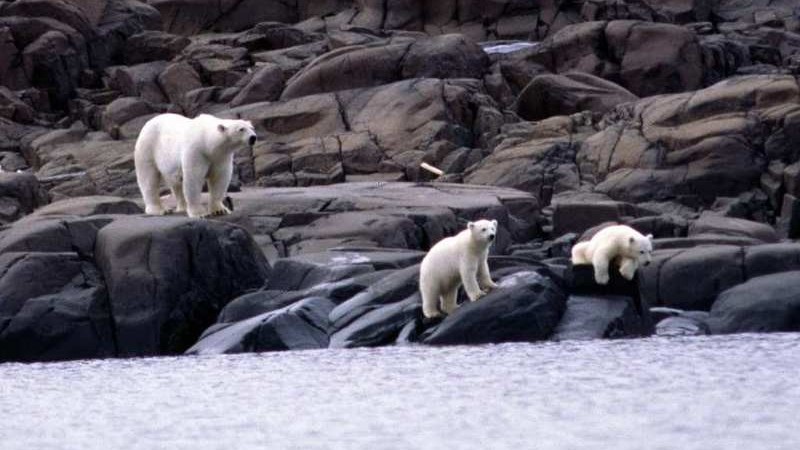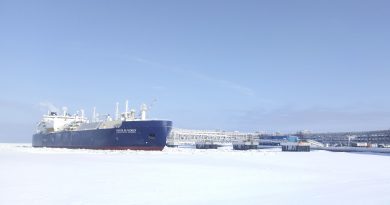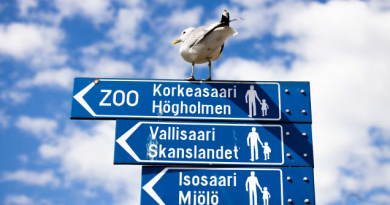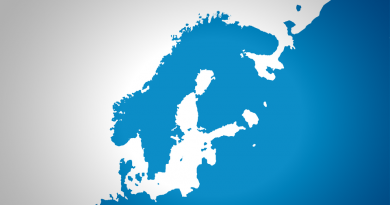Polar bears may be inbreeding as climate change melts away Arctic ice

Polar bears in Svalbard have undergone a shocking loss in genetic diversity, says a Norwegian study.
Snorre Hagen and Simo Maduna, alongside their team from the Norwegian Institute of Bioeconomy Research in Svanvik, sought to analyze the effect of climate change on polar bears’ genetics.
The team extracted DNA from the tissue samples of 622 polar bears from Norway’s Svalbard archipelago. The extracted DNA analysis found that between 1995 and 2016 the bears had lost between 3-10% of their genetic diversity (depending on how you measure this diversity). Simultaneously the polar bears had also grown more genetically distinct from the polar bears found at other sites in the Arctic.
The results of the study indicate that the polar bear populations in different locations are growing more genetically distinct from one another, while the bears found in the same location are becoming more genetically similar.
Sea ice melt leading to isolation
The researchers of the study suggest that the rapid melting of Arctic ice from climate change has led to the isolation of different polar bears groups. As it becomes more and more difficult for the different polar bear populations to interact, inbreeding in local polar bear populations is increasingly seen.
Snorre Hagen and Simo Maduna predict that the trend of loss in the genetic variety of polar bear populations will most likely continue as climate change gets increasingly worse and greater amounts of ice melt in the Arctic.
Related stories from around the North:
Canada: Seabirds & their vulnerability to a warming climate: Q&A with researcher Emily Choy, Eye on the Arctic
Finland: NGOs seek stricter fishing rules to protect Finland’s endangered Saimaa seals, Yle News
Russia: Polar bears face extinction in Svalbard and Arctic Russia says scientist, The Independent Barents Observer
United States: Heat stress that caused Alaska salmon deaths a sign of things to come, scientist warns, CBC News



